Essential oils have long been cherished for their myriad health benefits. As some of the most ancient and powerful substances used worldwide, pinpointing their exact origins as healing agents is a bit of a challenge. However, we've managed to compile some captivating historical insights just for you! So, sit back and join us on this scented adventure through time.
The Dawn of Aromatics: Cave Paintings in Lascaux, France
In the enchanting region of Dordogne, France, lies Lascaux, where we find the earliest evidence of essential oils. Cave paintings in this area, carbon-dated back to around 18,000 B.C.E., hint at the use of plants for medicinal purposes, offering a window into our ancestors' wisdom on essential oils.
The Egyptian Chronicles: Ancient Masters of Aromas
The Egyptian civilization, dating back to around 4500 B.C.E., was renowned for its expertise in essential oils, ointments, and cosmetology. Extracting oils from various trees, they transformed them for medicinal, cosmetic, and other uses.
During their heyday, essential oils were restricted to priests who sought oneness with their gods through these divine substances. Unique oil blends were designated for particular groups, like pharaohs, who used them for love, war, meditation, and more. Although the Egyptians employed numerous essential oils, they didn't produce all of them and imported many instead.
China's Fragrant Roots: Huang Ti's Aromatic Wisdom
In China, the first use of essential oils was recorded during the reign of the Yellow Emperor (Huang Ti) between 2697 and 2587 B.C.E. His famed work, 'The Yellow Emperor's Book of Internal Medicine,' detailed some essential oil uses and remains popular among Eastern medical practitioners today.
India's Ayur Veda: A Potpourri of Ancient Knowledge
India's renowned "Ayur Veda" traditional medicine, with a 3000-year history, incorporated various essential oils. During a Bubonic Plague outbreak, when antibiotics proved ineffective, Ayur Veda successfully controlled the situation. Indians also used essential oils for spiritual purposes.
Greek Beginnings: The Birthplace of Modern Medicine
Greece's essential oil knowledge, first recorded between 400-500 B.C.E., was adopted from the Egyptians. The famous Greek physician, Hippocrates (460-377 B.C.E), researched about 300 plants and documented their effects, inspired by Indian Ayurvedic medicine. His studies still influence modern medicine, as seen in the 'Hippocratic Oath' taken by doctors. Hippocrates was particularly known for studying and using oregano.
Another Greek with deep essential oil knowledge was Galen, who categorized plants based on their medicinal properties, a system known as 'Galenic' to this day.
Rome's Luxurious Touch: Bathing in Aromatic Delights
Romans lavishly applied perfumes to clothes, beddings, and bodies, and indulged in essential oil baths and massages, all derived from plant sources.
Persia's Prodigy: Avicenna the Arab and Essential Oil Distillation
Ali-Ibn Sana, commonly referred to as Avicenna the Arab, was a young prodigy who became an educated physician by the time he was only 12 years old. He wrote books about the effects of 800 plants on the human body. He also received credit as being the first person to discover and record how to distill essential oils. The methods he recorded are still being used today.
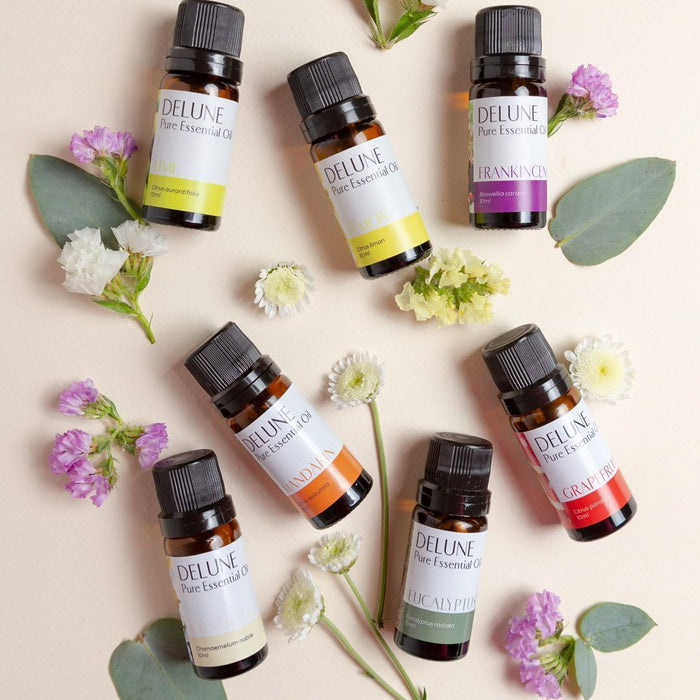


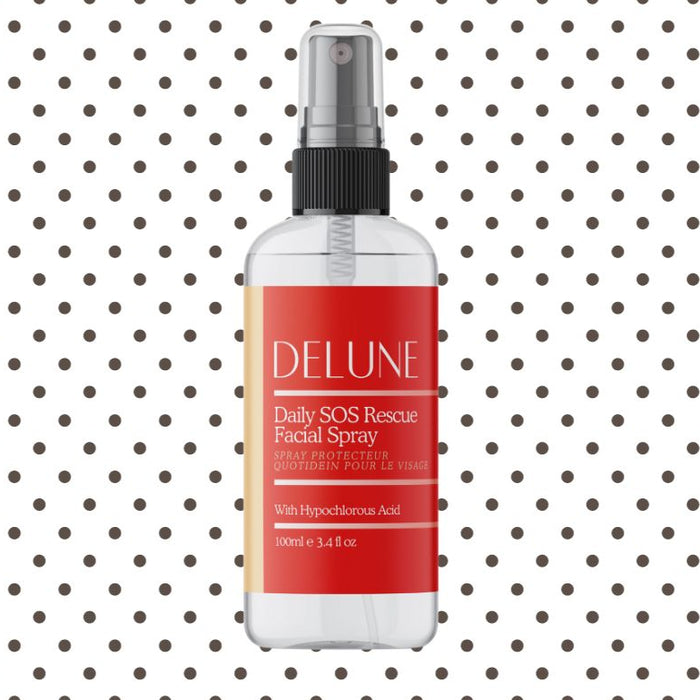

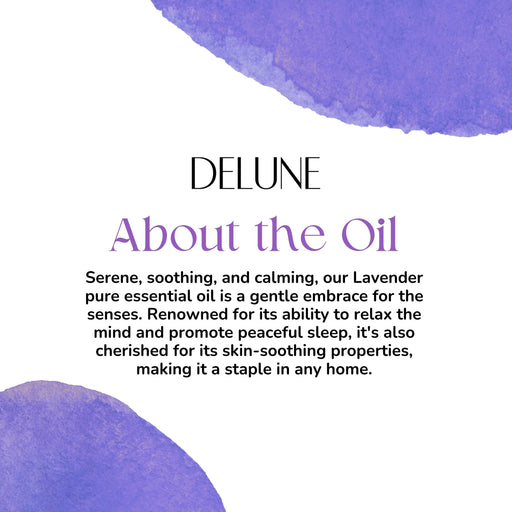
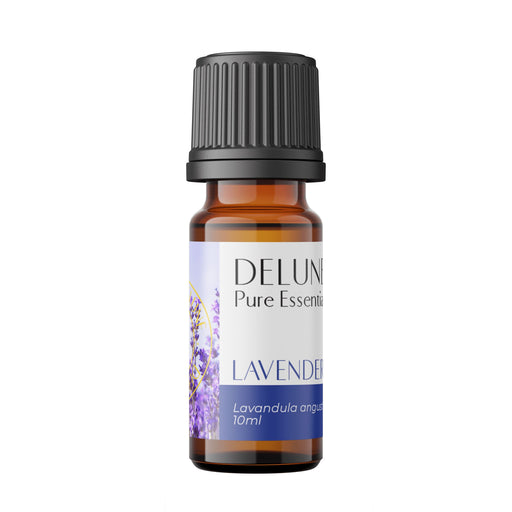
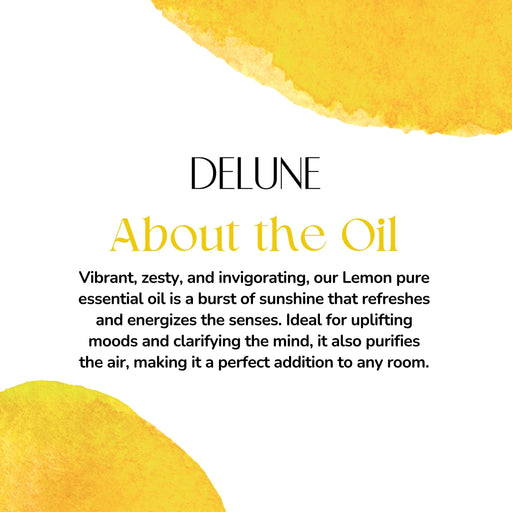
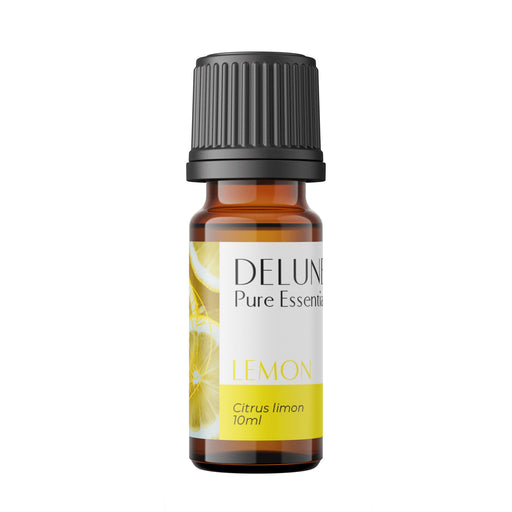
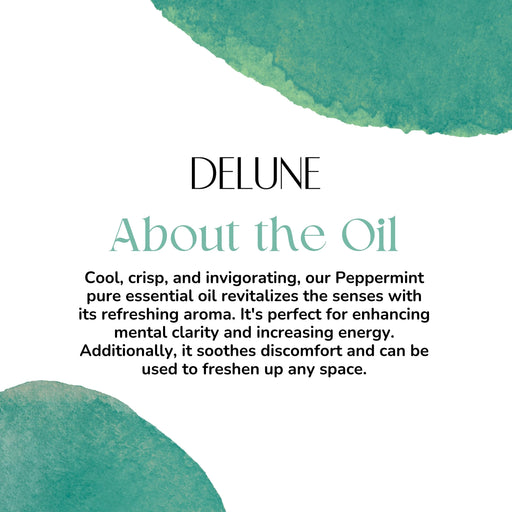
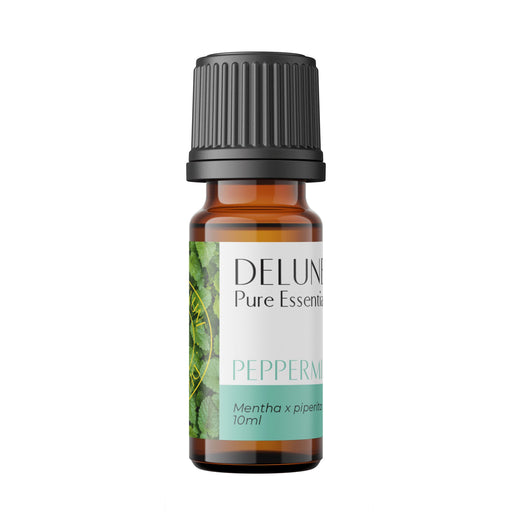
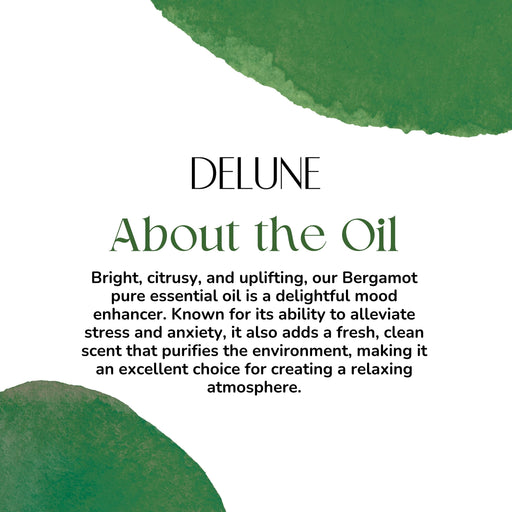
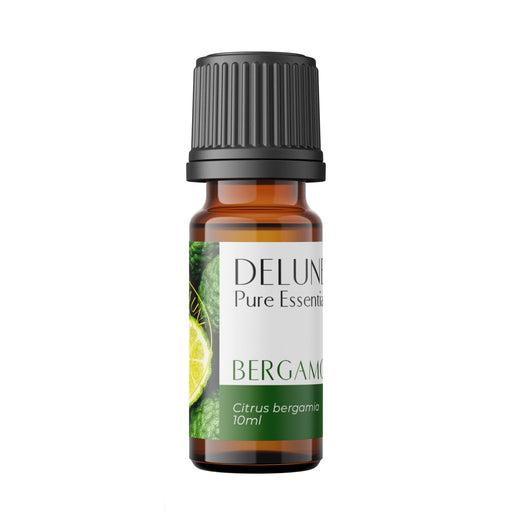
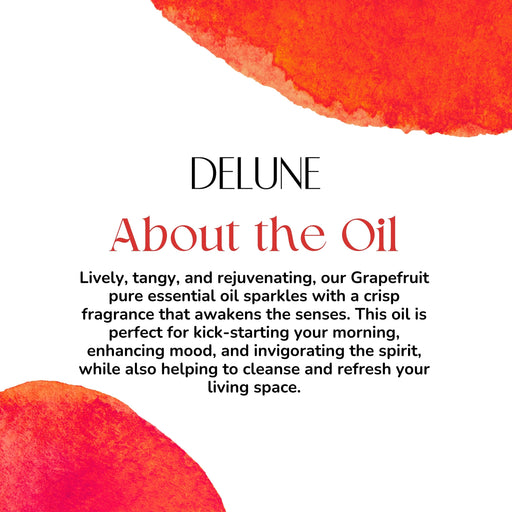
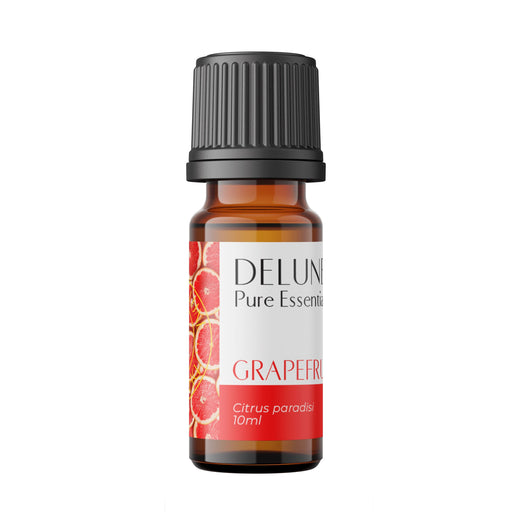
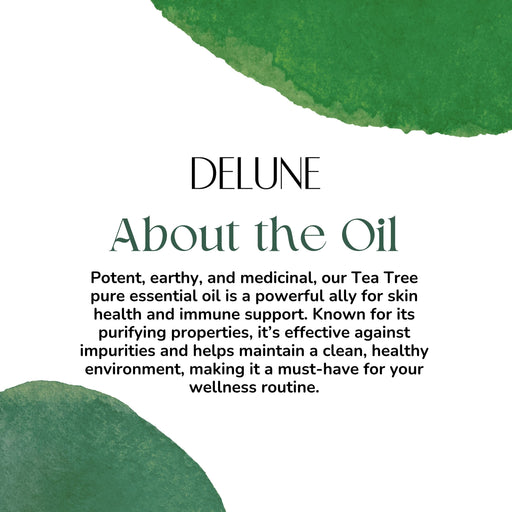
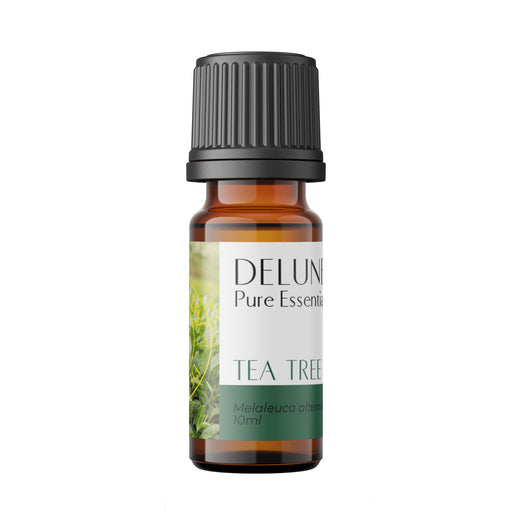
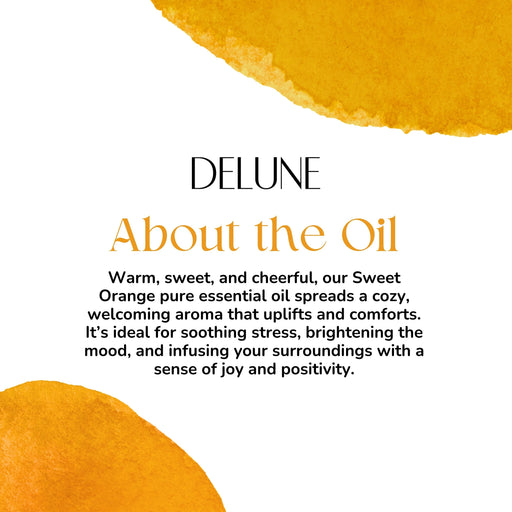
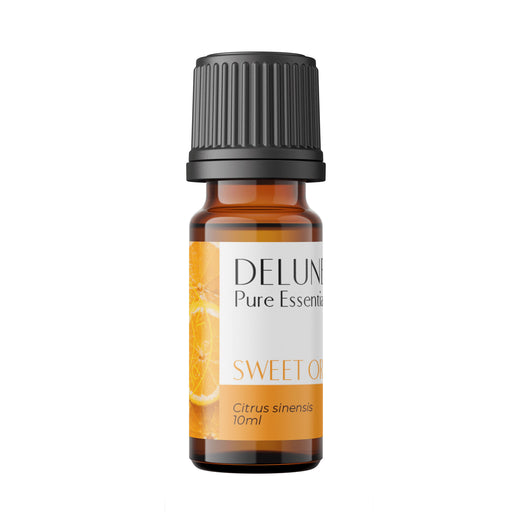
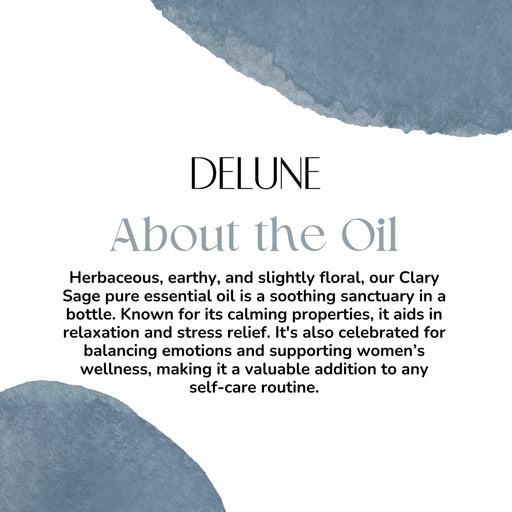
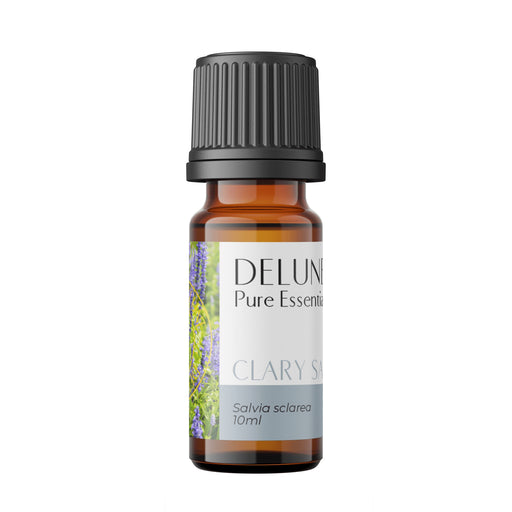
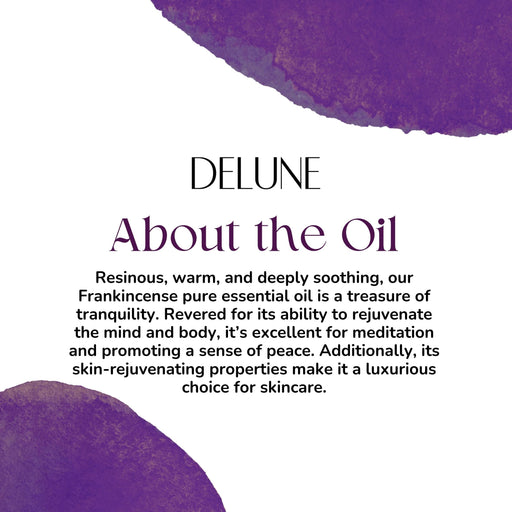
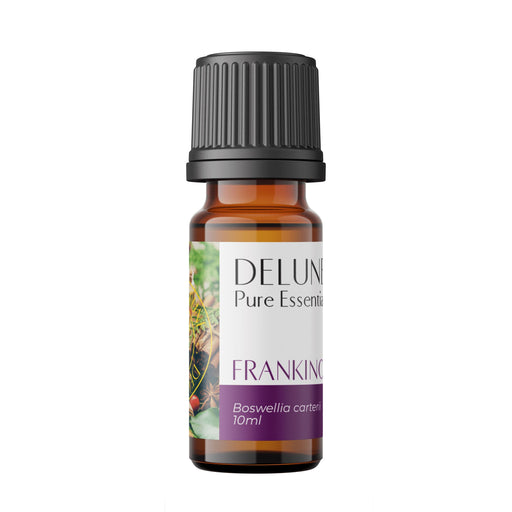
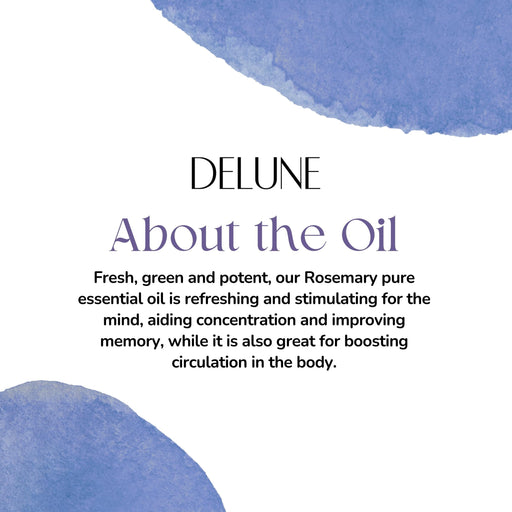
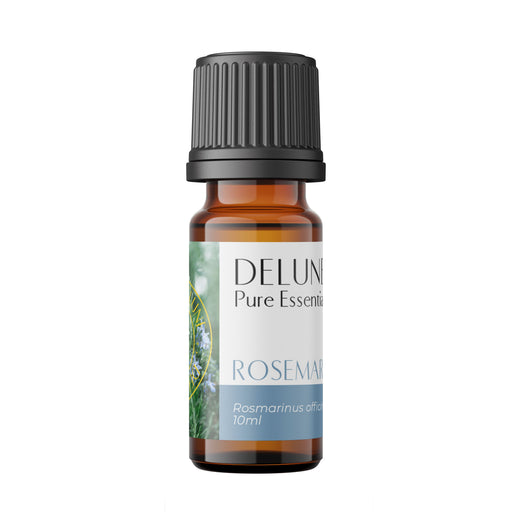
Leave a comment